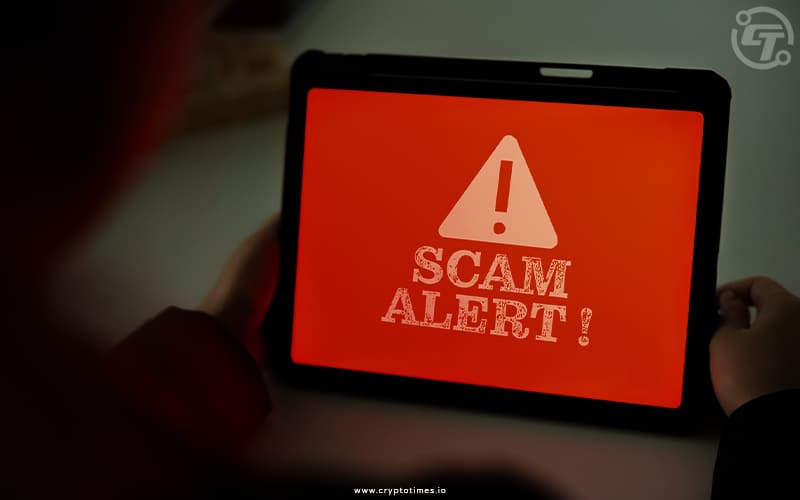A trader recently fell victim to an address poisoning scam, resulting in the loss of $68 million worth of Wrapped Bitcoin (WBTC). The incident was brought to light by Cyvers, an on-chain security firm, which detected the theft in a May 3rd post. The targeted wallet, identified as “0x1E,” saw a devastating loss of over 97% of its crypto assets, amounting to approximately $67.8 million.
Address poisoning, also known as address spoofing, operates on the exploitation of traders’ vulnerabilities during transactions. It entails tricking victims into sending their digital assets to scammer-controlled addresses through deception.
In this case, the unsuspecting trader transferred 1,155 WBTC to the malicious address, resulting in substantial financial damage.
Scams Continue to Plague Crypto Industry
Despite ongoing efforts to boost security measures within the cryptocurrency space, scams remain a persistent threat. Last month also witnessed a fraud case involving the ZKasino gambling platform, where investors lost a substantial amount of digital assets.
Although Dutch authorities made arrests related to the ZKasino scam, it’s part of a broader trend of fraudulent activities impacting investor trust.
CertiK, an on-chain intelligence firm, however, reported a historic low in cryptocurrency losses due to scams and hacks in April. However, the $33 million ZKasino scam wasn’t factored into their analysis, suggesting that the actual figures may be higher.
The decline in losses is attributed primarily to fewer instances of private key compromises, which serve as a gateway for unauthorized access to crypto assets.
The recent address poisoning scam, however, highlights that despite the ongoing work to fight fraud and improve security measures, the cryptocurrency industry continues to be plagued by such challenges.
Also Read: Indian Authority Bust ‘E-Nugget’ App Scam with Binance






